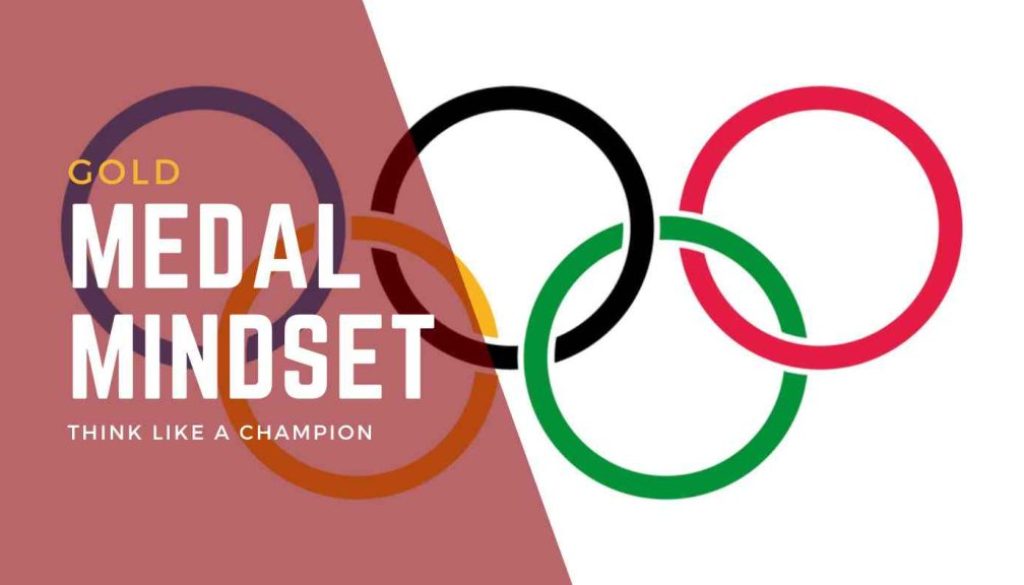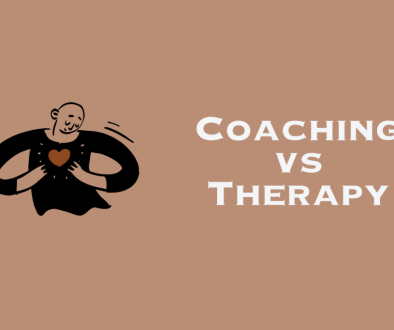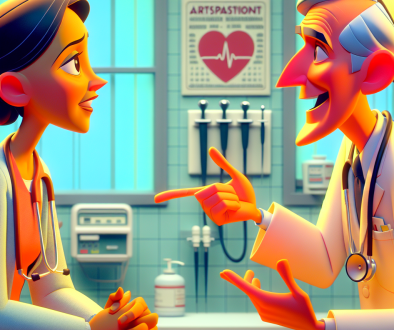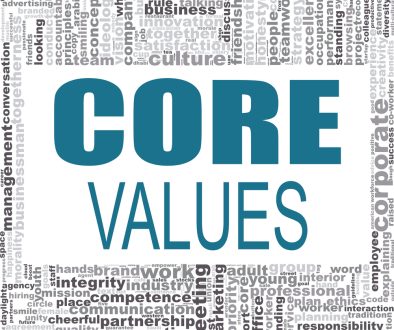Gold Medal Mindset: How Physicians Can Think Like Champions
As physicians, we face immense challenges and pressures in our careers. To thrive in today’s complex healthcare environment, it’s crucial to develop the right mindset – one that embraces growth, resilience, and continuous improvement. Although for different reasons than physicians, Olympic athletes also face immense pressure. Several gold medal-winning athletes have shared how success in competition depends on training their bodies and minds. Physicians can learn a lot from their approach. By adopting the “Gold Medal Mindset” of Olympic athletes, doctors can transform their approach to medicine, find fulfillment, and achieve balance in their lives.
The Champion’s Mindset
Olympic champions consistently demonstrate key mental attributes that contribute to their success. Shannon Miller, a 7-time Olympic medalist in gymnastics, emphasized four key components of the “Gold Medal Mindset”:
- Goal setting
- Teamwork
- Positive attitude
- Commitment to excellence
Miller explains, “The gold medal mindset is an attitude of going out and winning the day, no matter what life or work throws at you.” This approach can be incredibly powerful for physicians facing daily challenges. By focusing on effort and goal, physcians can take the focus off of the challenge. Olympic swimmer Michael Phelps, the most decorated Olympian of all time, attributes much of his success to visualization and mental preparation. He once said, “I think goals should never be easy; they should force you to work, even if they are uncomfortable at the time.” This mindset of embracing challenges aligns perfectly with the concept of a growth mindset in medicine.
Growth Mindset vs. Fixed Mindset in Medicine
While medical training often instills a fixed mindset focused on perfection and avoiding mistakes, adopting a growth mindset is crucial for long-term success and satisfaction in medicine. As psychologist Carol Dweck defines it, a growth mindset is the belief that abilities and intelligence can be developed through effort, learning, and persistence.
In contrast, the traditional medical training model often reinforces a fixed mindset, where physicians may:
- Fear of making mistakes or showing vulnerability
- Avoid seeking help or feedback
- Struggle with adapting to change
By embracing a growth mindset, physicians can:
- View challenges as opportunities for learning and improvement
- Seek out feedback and collaboration
- Adapt more readily to changes in healthcare
Dr. Atul Gawande, a renowned surgeon and writer, exemplifies this growth mindset in medicine. Despite his expertise, he sought out a coach to improve his surgical skills, demonstrating that even accomplished physicians can benefit from continuous learning and improvement. We can all learn from this example,
Developing Your Gold Medal Growth Mindset: 3 Daily Exercises
Daily Reflection and Goal Setting
Start each day by setting specific, achievable goals aligned with your values. Shannon Miller emphasizes the importance of “following through” on goals: “It’s not enough to simply write it on a list. We need to actively work on the list, our goals, every single day”. End your day by reflecting on your progress and identifying areas for improvement.
Positive Self-Talk and Visualization
Olympic athletes regularly use positive self-talk and visualization to enhance performance. Adapt this practice to medicine by visualizing successful patient interactions, procedures, or challenging conversations before they occur. Replace negative self-talk with encouraging, growth-oriented statements.
Embrace the Learning Curve
Intentionally seek out opportunities to learn and grow daily. This could involve reading a new research article, practicing a new skill, or seeking feedback from colleagues. Remember Miller’s advice on commitment to excellence: “It’s all about giving your very best effort in the moment.”
By consistently applying these exercises and embracing the Gold Medal Mindset, physicians can transform their approach to medicine, leading to greater job satisfaction, improved patient care, and a truly champion-level career.
Developing a growth mindset and adopting the mental strategies of Olympic champions takes time and practice. However, the rewards – both personal and professional – are immeasurable. As you embark on this journey of mindset transformation, remember the words of Olympic gymnast Simone Biles: “I’d rather regret the risks that didn’t work out than the chances I didn’t take at all.”
Are you ready to develop your Gold Medal Mindset and take your medical career to the next level? Sign up for a coaching consult to receive more insights, strategies, and support on your journey to becoming a champion in medicine.





